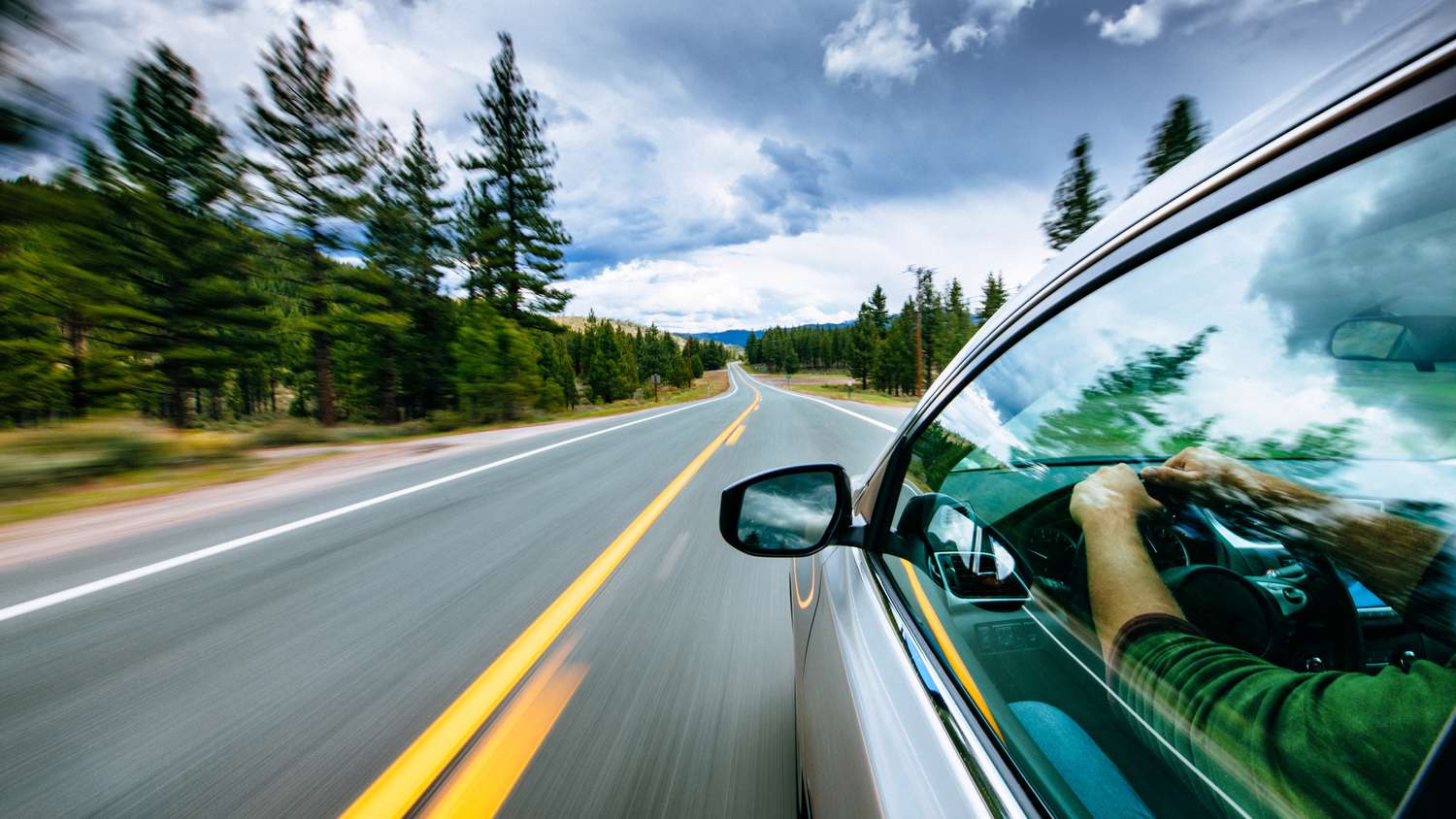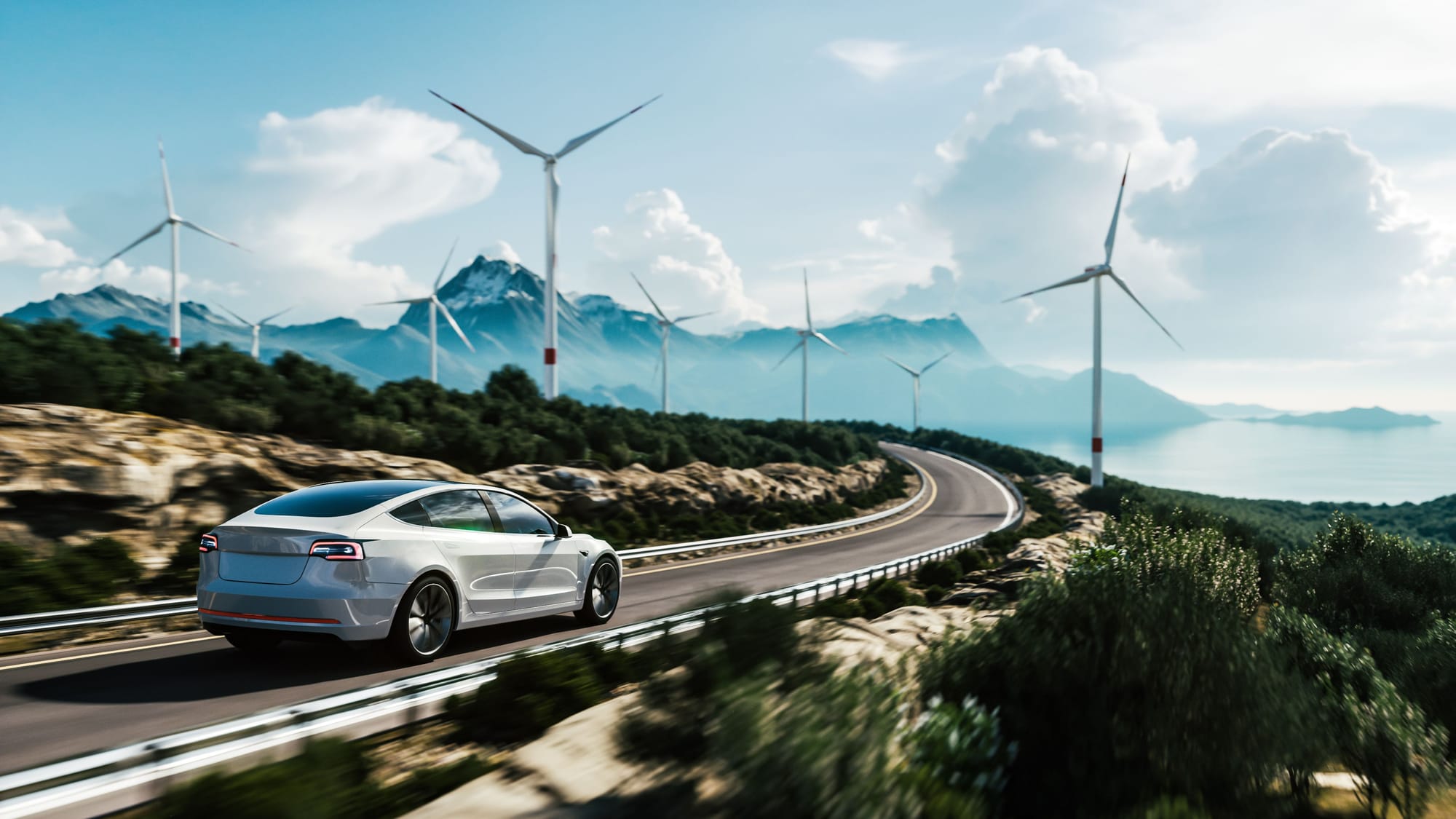Maximizing the Range of Your Electric Car: Driving Techniques and Habits.
While advancements in battery technology continue to improve the range of EVs, there are also several driving techniques and habits that can help drivers get the most out of their electric cars.


In recent years, electric vehicles (EVs) have gained significant popularity as environmentally friendly and cost-effective alternatives to traditional gasoline-powered cars.
One of the key concerns for EV owners, however, is maximizing the range of their vehicles on a single charge.
Read: 10 Best EVs with The Longest Range
While advancements in battery technology continue to improve the range of EVs, there are also several driving techniques and habits that can help drivers get the most out of their electric cars.
Read: The Longest Range Electric Cars For 2019
Understanding Range Factors
Before delving into specific driving techniques, it's essential to understand the factors that affect the range of an electric car:
- Driving Speed: Higher speeds generally result in increased aerodynamic drag and higher energy consumption, reducing the range of the vehicle.
- Acceleration and Deceleration: Aggressive acceleration and frequent braking can decrease efficiency and shorten the range. Smooth driving and anticipating traffic conditions can help conserve energy.
- Terrain: Driving uphill requires more energy than driving on flat terrain, while regenerative braking can partially offset energy loss when driving downhill.
- Temperature: Extreme temperatures, especially cold weather, can affect battery performance and reduce the range of an electric car.
- Accessories: Using heating, air conditioning, and other accessories can draw power from the battery and impact range.
Read: Electric cars range test

Driving Techniques for Maximizing Range
- Drive Efficiently: Maintain a steady speed, avoid sudden acceleration or hard braking, and anticipate traffic flow to minimize energy consumption.
- Use Regenerative Braking: Take advantage of regenerative braking systems to capture and store energy when decelerating or going downhill, effectively extending the range of the vehicle.
- Plan Routes Wisely: Optimize your driving route to avoid steep inclines, heavy traffic, and adverse weather conditions whenever possible. Utilize navigation apps that provide EV-specific route planning to locate charging stations along your journey.
- Keep Tires Properly Inflated: Underinflated tires increase rolling resistance, requiring more energy to maintain speed and reduce range. Regularly check and maintain tire pressure according to the manufacturer's recommendations.
- Minimize Use of HVAC Systems: Heating and air conditioning systems consume significant amounts of energy. Preconditioning the cabin while the car is plugged in or using seat heaters instead of heating the entire cabin can help conserve battery power.
- Limit High-Speed Driving: Driving at lower speeds, especially on highways, can significantly improve range due to reduced aerodynamic drag. Use cruise control when appropriate to maintain a steady speed.
- Travel Light: Remove unnecessary cargo and roof racks when not in use to reduce the vehicle's weight and aerodynamic drag, thereby conserving energy.
- Monitor Energy Consumption: Most EVs provide real-time energy consumption data through onboard displays or mobile apps. Monitoring energy usage can help drivers adjust their driving behavior to maximize efficiency.
Read: Charged Rivalries: The Electrifying Showdown Among the Most Competitive EV Car Models.
Conclusion
Maximizing the range of an electric car requires a combination of efficient driving techniques, thoughtful route planning, and conscientious energy management.
By adopting these habits and techniques, EV owners can extend the distance they can travel on a single charge, enhance their driving experience, and contribute to a more sustainable future.
As technology continues to evolve, the range of electric vehicles will likely improve, but in the meantime, drivers can make the most of their EVs by driving smartly and responsibly.




